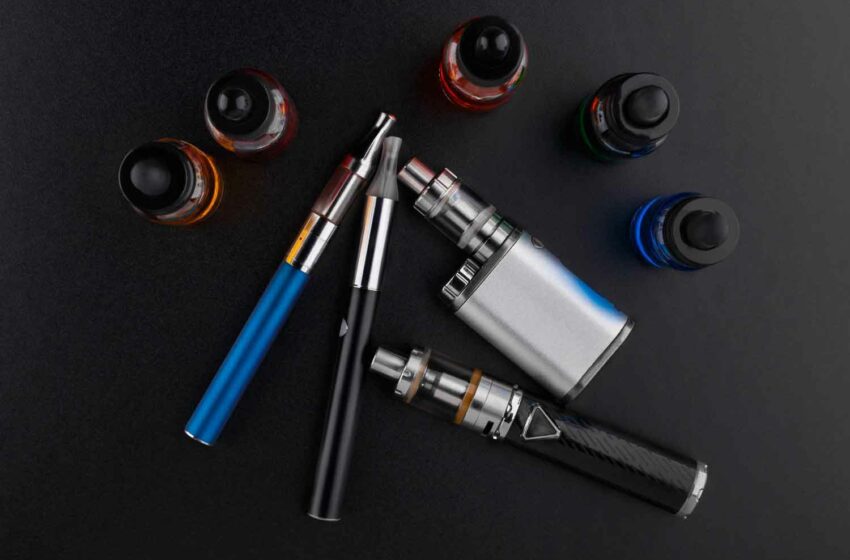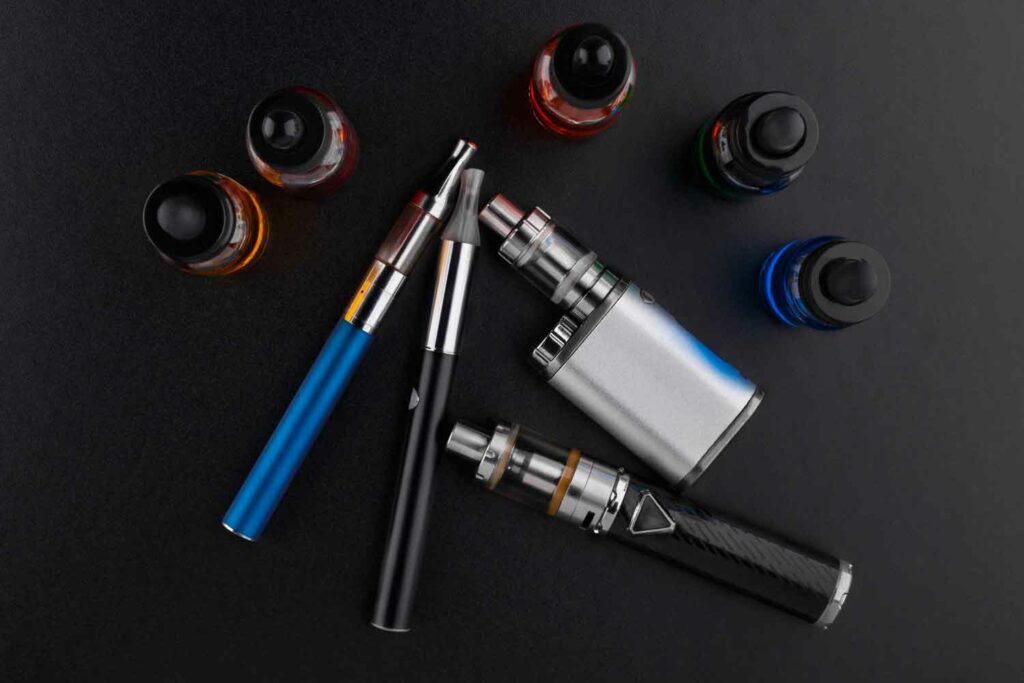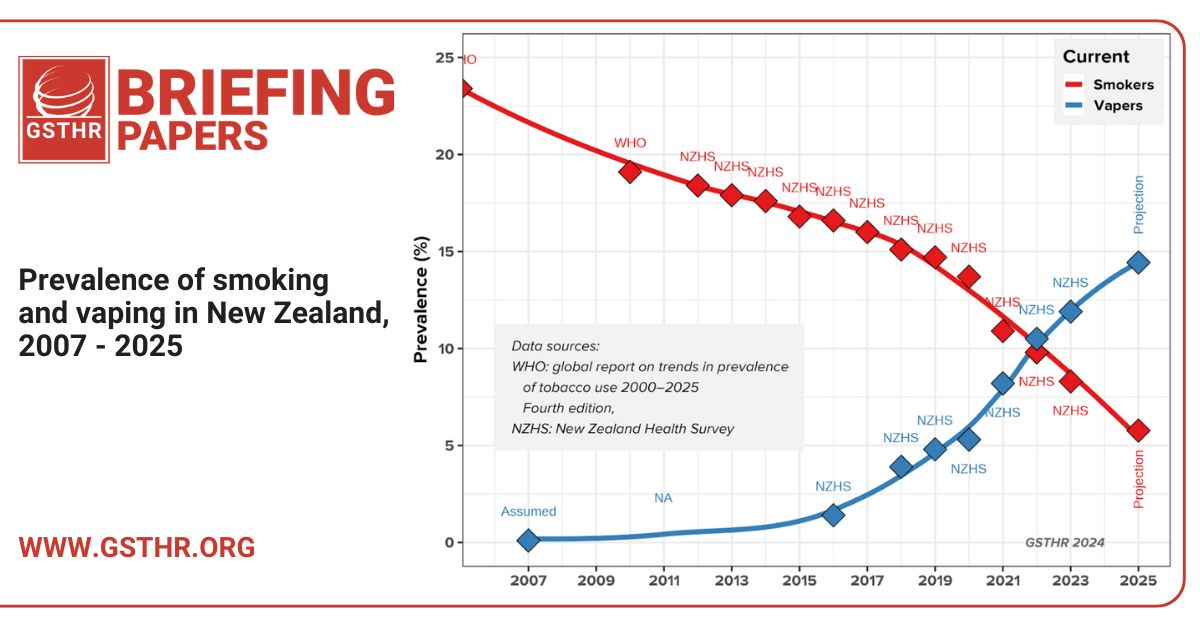The vaping industry has always faced its share of challenges—from shifting regulatory landscapes to evolving consumer preferences. However, a few factors significantly threaten the industry’s future, such as the impact of global trade tariffs. With the United States set to increase tariffs on Chinese imports, companies that fail to adapt could face skyrocketing costs, disrupted supply chains, and a diminished ability to compete in one of the world’s largest markets.
Trade tensions between the U.S. and China have been escalating for several years. The vaping industry, which relies heavily on hardware manufactured in China, is particularly vulnerable to these developments. Currently, vaping products imported from China face a 25% tariff, but there is a high likelihood that this could double or even increase to 100% under future U.S. administrations.
For vaping companies, such tariff hikes mean the cost of importing devices could skyrocket. A 100% tariff would effectively double the cost of hardware produced in China, driving up retail prices for all such products in the U.S. market. This scenario threatens the financial viability of vaping companies and the availability of affordable, high-quality products for consumers.
The Strategic Decision to Move Manufacturing to Malaysia
Recognizing the potential for increasing tariffs and broader geopolitical challenges, some vaping manufacturers began shifting their operations from China to other countries. Such decisions were never made lightly. China has long been a global leader in manufacturing efficiency with a robust infrastructure and supply-chain network,, and moving away from such an established infrastructure posed significant logistical and operational challenges.
Malaysia offered several key advantages to manufacturers. Firstly, Malaysia enjoys favorable trade agreements with the United States, the United Kingdom, and the European Union. For instance, starting in December 2024, a new free trade agreement between Malaysia and the U.K. took effect, eliminating tariffs on products moving between the two countries. Similar agreements are in place or in development with other major markets.
Secondly, Malaysia’s robust manufacturing ecosystem and skilled workforce make it an ideal location for high-quality production. By establishing operations in Malaysia, companies can continue to deliver reliable, innovative hardware without the added burden of excessive tariffs.
The Broader Impact on the Global Supply Chain
The shift to Malaysia reflects a broader trend in global manufacturing. As trade barriers between the U.S. and China grow, a widespread redistribution of manufacturing operations is underway. Companies across industries—not just vaping—are reevaluating their supply chains to reduce dependence on any single country.
This global redistribution of resources presents both challenges and opportunities. For manufacturers, the challenge lies in building new infrastructure, securing reliable suppliers, and maintaining quality control in unfamiliar territories. However, companies that successfully navigate these changes benefit from more resilient supply chains, reduced geopolitical risk, and greater flexibility in responding to market shifts.
Maintaining Compliance and Quality Standards
Shifting manufacturing bases also brings new compliance considerations. Regulatory bodies like the U.S. Food and Drug Administration (FDA) require Premarket Tobacco Product Applications (PMTAs) for vaping devices. These applications are tied to specific manufacturing facilities, meaning that changing production locations requires amendments to existing PMTAs or new submissions.
Manufacturers must ensure that new facilities meet the highest quality and compliance standards. Proactively managing these regulatory requirements ensures that products remain market-ready even as production locations change.
The Future of the Vaping Industry Amid Trade Challenges
Looking ahead, it’s clear that trade tariffs and global manufacturing shifts are not short-term challenges. Regardless of who occupies the White House, protectionist trade policies are likely to persist or even intensify. The vaping industry must be prepared for this new reality.
Companies that fail to diversify their manufacturing operations face mounting costs and increasing vulnerability to trade disruptions. On the other hand, those who invest in flexible, resilient supply chains will be well-positioned to thrive.
The vaping industry is at a crossroads. Global trade tariffs pose a significant threat, but they also offer an opportunity for companies to rethink their supply chains and build more resilient operations. For manufacturers, shifting production from China to countries like Malaysia is not just a reactive measure—it’s a strategic move to secure long-term growth and competitiveness.
As the industry moves forward, companies that adapt to these challenges will be the ones that lead the way. The ability to anticipate trade disruptions, embrace innovation and maintain rigorous quality standards will determine who succeeds in this ever-evolving market.
As co-CEO of Ispire Technology Inc., Michael Wang is a leader in the development and commercialization of vaping technology and precision dosing. Previously, he served in executive roles at The Pharm/Sunday Goods, Onestop Commerce, Zazzle, and Honeywell.














